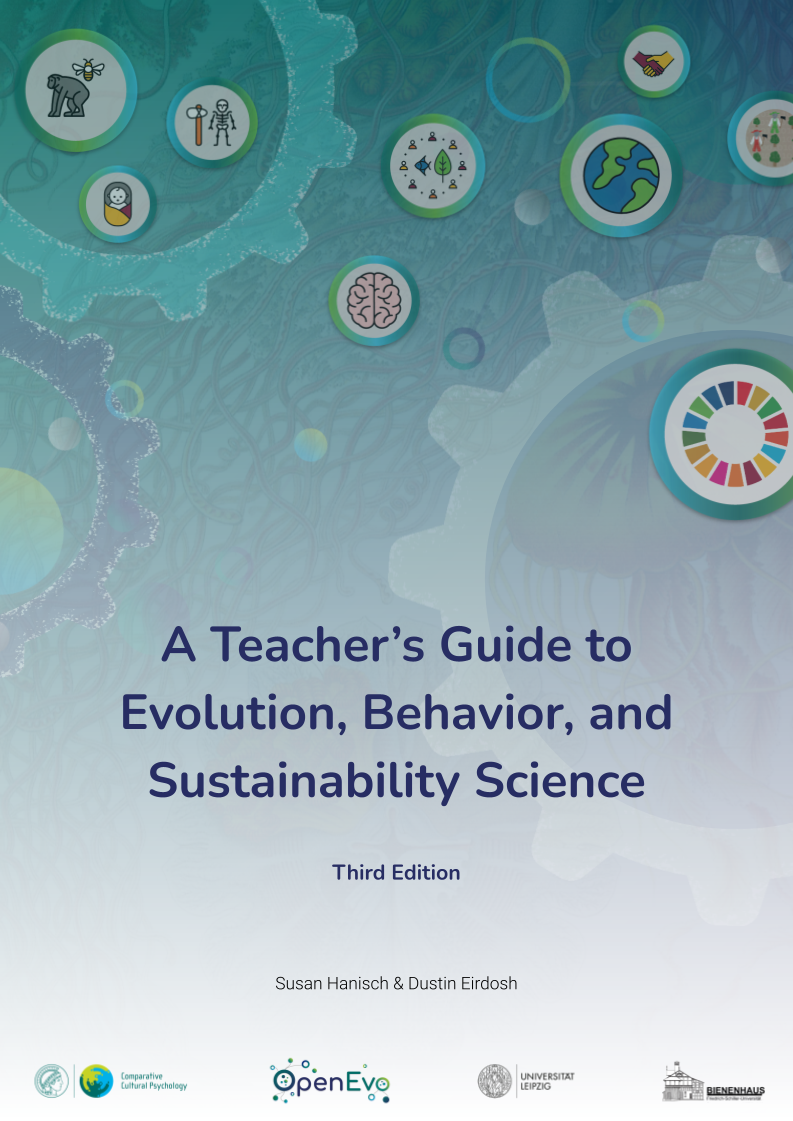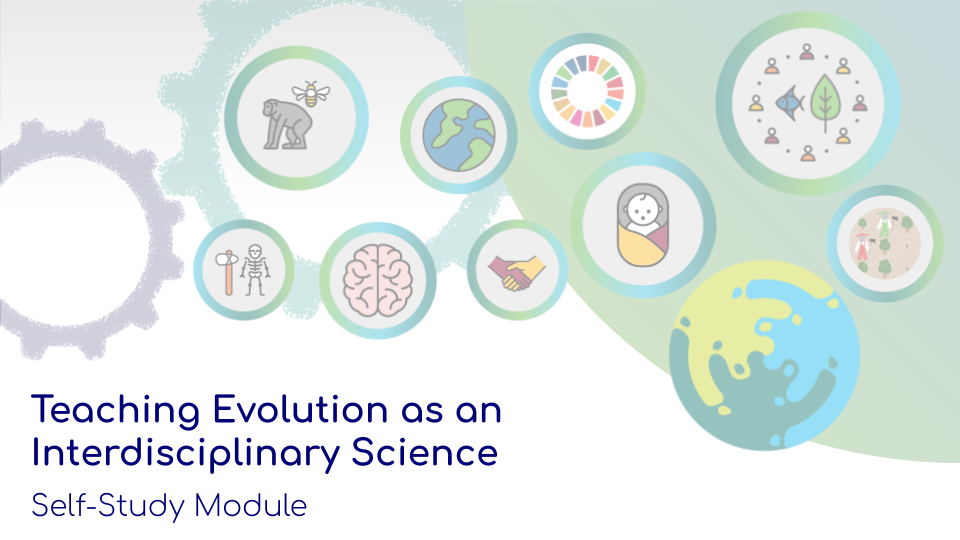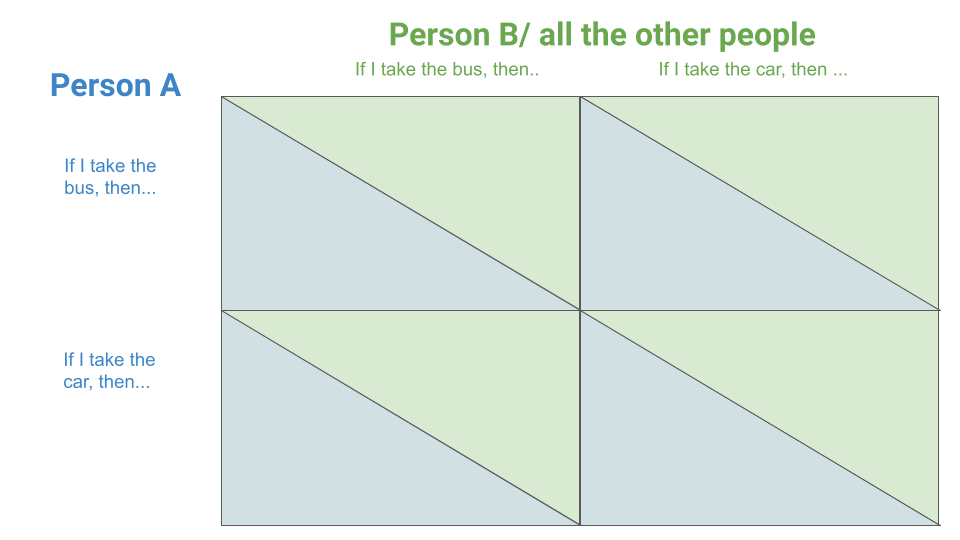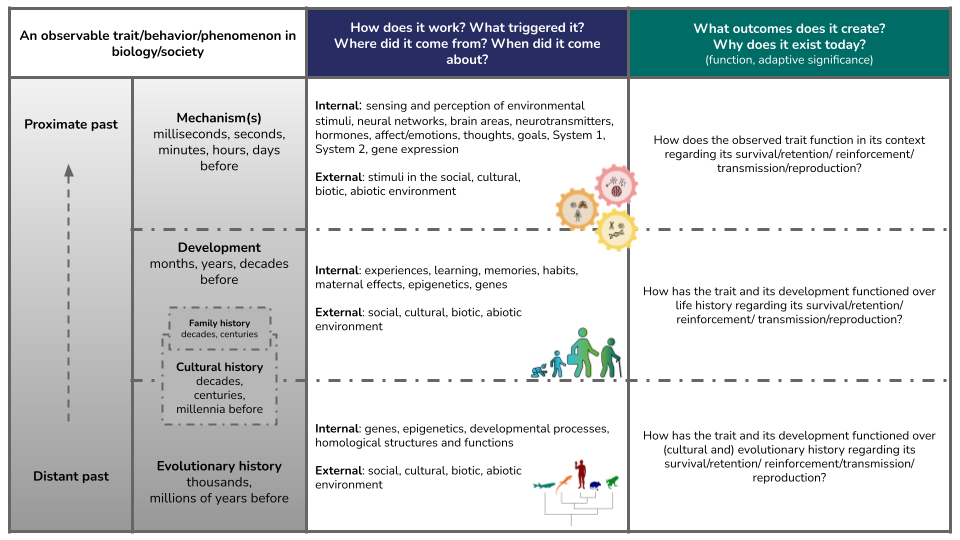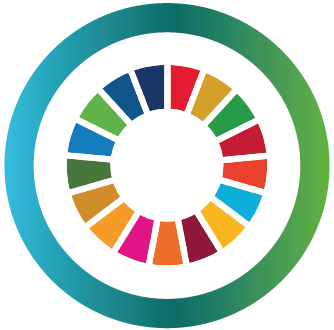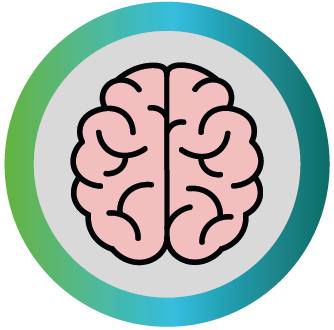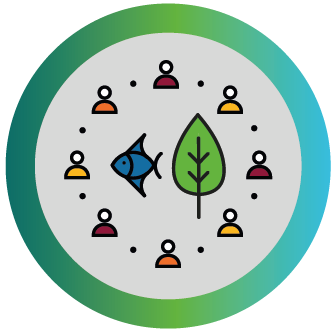Biology’s next great horizon is to understand cells, tissues and organisms as agents with agendas (even if unthinking ones).
Subject Area: Philosophy
Our interdisciplinary teacher’s guide outlines our educational design concept. It provides introductory readings around core concepts of human sciences and ideas for exploring them
An educational project for the development and evaluation of computer simulations and digital teaching resources supported by the Joachim Herz Foundation
A collection of protocols for understanding the everyday ethnotheories of school origins across human development and cultures.
Payoff matrices can help us analyze the behavioral strategies and possible outcomes in diverse situations across biology and society.
Analogy mapping is a tool for thinking about similarities and differences between different concepts or phenomena.
Tinbergen’s Questions can help organize complex causality of behaviors and other phenomena across time.
How can we use insights about human evolution, human behavior, and the causal interactions in social-ecological systems to address local, regional and global sustainability
What can we learn from our own thoughts and intuitions about human evolution, behavior, and sustainability? Understanding the causes of our perceptions, intuitions, and
What can we learn from communities around the world managing shared resources about human evolution, behavior, and sustainability? Exploring diverse sustainability dilemmas in the


